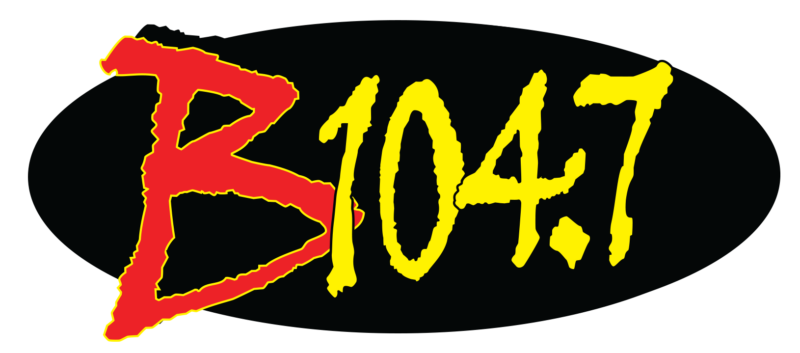Around 100 people on July 4th marched from Aggieville’s Triangle Park to K-State President Richard Myers’ home on campus, protesting racism in the university community and calling for accountability.
Myers was out of town and not present at the protest.
The demonstration was put together quickly by Tori Swanson, Miranda Urban and Kirsten Novotny following a series of tweets by student Jaden McNeil about George Floyd deemed racist by numerous residents, student athletes, and President Richard Myers.
Multiple student athletes held a week-long boycott calling for McNeil’s expulsion, returning to team activities following talks with administration and the unveiling of expanded diversity and inclusion initiatives.
McNeil, president of the inactive America First Students group on campus, had his account temporarily suspended as a result. He continues to make comments about Floyd in his Telegram channel and share threats he’s received.
But organizers say the issue goes further than one group or incident. They say recent moves are positive, but K-State has a history of inaction toward students expressing views that makes the learning environment unsafe — and those reporting them.
“I feel as though K-State is waiting until one of us becomes a hashtag,” says senior Tori Swanson. “And what I do not want is for that to happen. I do not want for someone to get hurt, someone to get killed on campus in order for K-State to do something. It should not take that, it should not take football players acting out — as someone else put it — using their privilege to stand for a cause in order for K-State to do something.”
Protesters read excerpts from the Declaration of Independence, Frederick Douglass’ speech What to the Slave Is the Fourth of July? as well as a statement of solidarity from Floyd’s niece, Nire Carter. They also laid out six additional demands of the university.
They range from disciplinary actions to students creating hostile learning environments on social media and allowing students of color that feel at risk to partake in distance-learning at no higher cost, to cultural competency course requirements and Athletics donating half a percent of its revenue to local Black businesses.

“It’s not a lot, but I feel as though they would make a huge difference on Kansas State’s campus if implemented,” says Swanson.
Organizer Miranda Urban also called on fellow students not to let their support for racial justice and Black peers end here.
“Every single student at K-State needs to rise up,” says Urban. “To call people out when they say something that’s not OK, to make the only students who fear being on K-State’s campus the ones who promoted this bigoted hatred.”
They further called on administration to hear their voices and to not stop or slow movement toward a more equitable campus.
View the livestream in two parts on the KMAN Facebook page.
The post Around 100 protest racism on KSU campus July 4th appeared first on News Radio KMAN.





